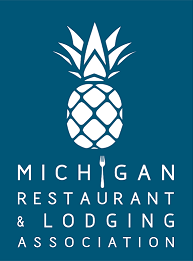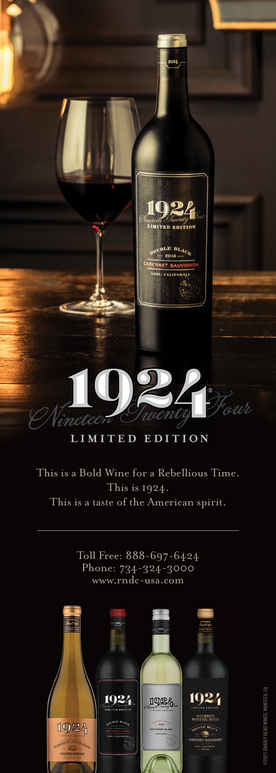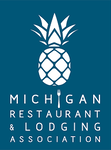- About
- Advocacy
- Membership
- ServSafe
-
Legal + Resources
- Legal Consultation >
- Help Desk
- Industry Mental Health Resources
- Workforce Resources >
-
Resources
>
- Money-Saving Resources >
- Restaurant & Lodging Resources >
- National Hotel Associations >
- Human Trafficking Prevention & Awareness Resources >
- National Restaurant Association >
-
Government Resources
>
-
State of Michigan
>
- Department of Agriculture and Rural Development
- Find your County Health Department
- Michigan Liquor Control Commission
- Catch and Cook Program
- Michigan Food Safety
- Unemployment Agency
- Workers' Compensation Agency
- Bureau of Construction Codes
- Michigan Department of Treasury
- Michigan Senate
- Michigan House of Representatives
- Federal Resources >
- Government Search Engine >
-
State of Michigan
>
- National Food Safety Month
- Buyer's Guide
- MRLA OSHA Store
- Events
- News
- Foundation
- Member Login
|
Copyright Michigan Restaurant & Lodging Association. All Rights Reserved.
225 West Washtenaw | Lansing, MI 48933 Phone: (800) 968-9668| Contact Us Privacy Policy Terms of Use |
|






